Podcast: Play in new window | Download | Embed
Alaska Native people are using their language, culture, and the land as part of healing efforts from trauma. Elders, young people, community leaders, advocates, and others are helping communities across the state heal from the impacts of boarding schools, violence against women, and substance use. Antonia Gonzales concludes this two-part video series.
This story is a collaboration with First Nations Experience Television with support from the Public Welfare Foundation.

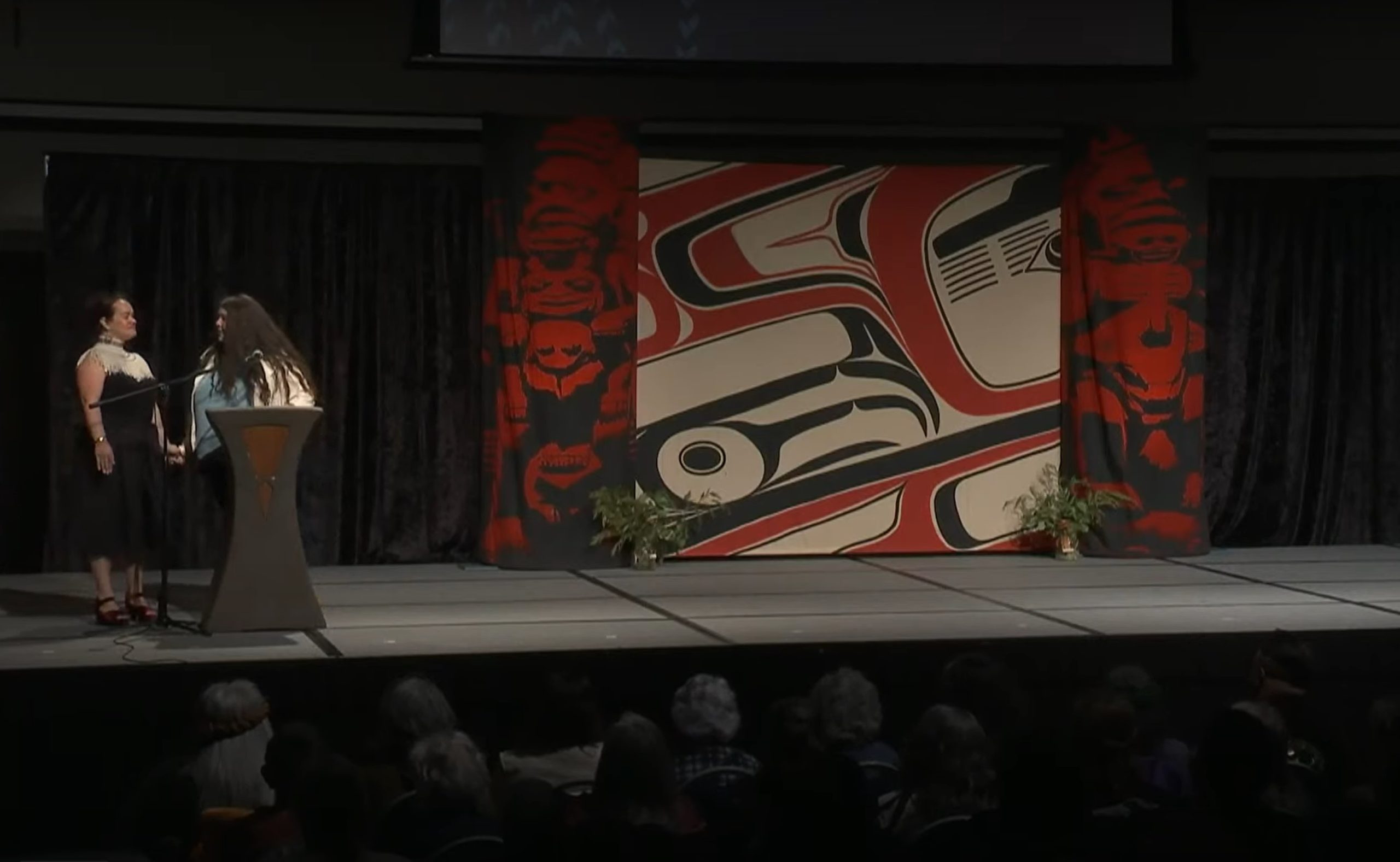 Dozens of child-sized Ravenstail robes were danced for the first time Tuesday in Juneau, Alaska.
Dozens of child-sized Ravenstail robes were danced for the first time Tuesday in Juneau, Alaska.



 After three days of competition at the statewide Native Youth Olympic (NYO) Games in Anchorage, students have returned home to show off their medals for traditional games like the Two-Foot High Kick, the Kneel Jump, and the Seal Hop.
After three days of competition at the statewide Native Youth Olympic (NYO) Games in Anchorage, students have returned home to show off their medals for traditional games like the Two-Foot High Kick, the Kneel Jump, and the Seal Hop.


 The National Partners Work Group on Missing and Murdered Indigenous Women (MMIW) and the MMIW Family Advisors are raising awareness of missing and murdered Indigenous people (MMIP) through a week of advocacy – now through May 5.
The National Partners Work Group on Missing and Murdered Indigenous Women (MMIW) and the MMIW Family Advisors are raising awareness of missing and murdered Indigenous people (MMIP) through a week of advocacy – now through May 5. Friendship House founder, the late Helen Waukazoo, was a close friend of Judge Abby.
Friendship House founder, the late Helen Waukazoo, was a close friend of Judge Abby.




 The Native Youth Olympic Senior Games literally kick off Thursday in Anchorage, Alaska.
The Native Youth Olympic Senior Games literally kick off Thursday in Anchorage, Alaska.


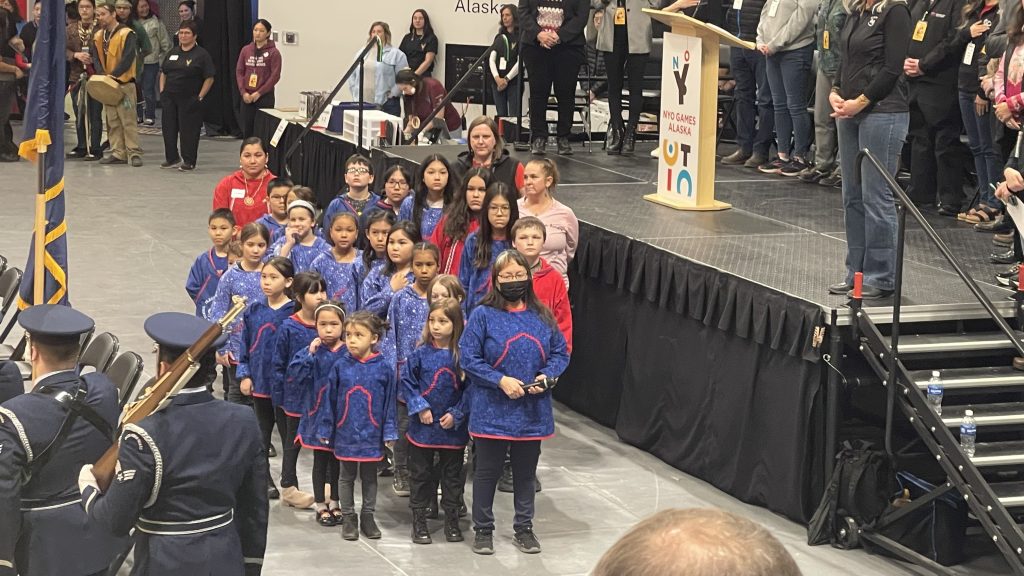
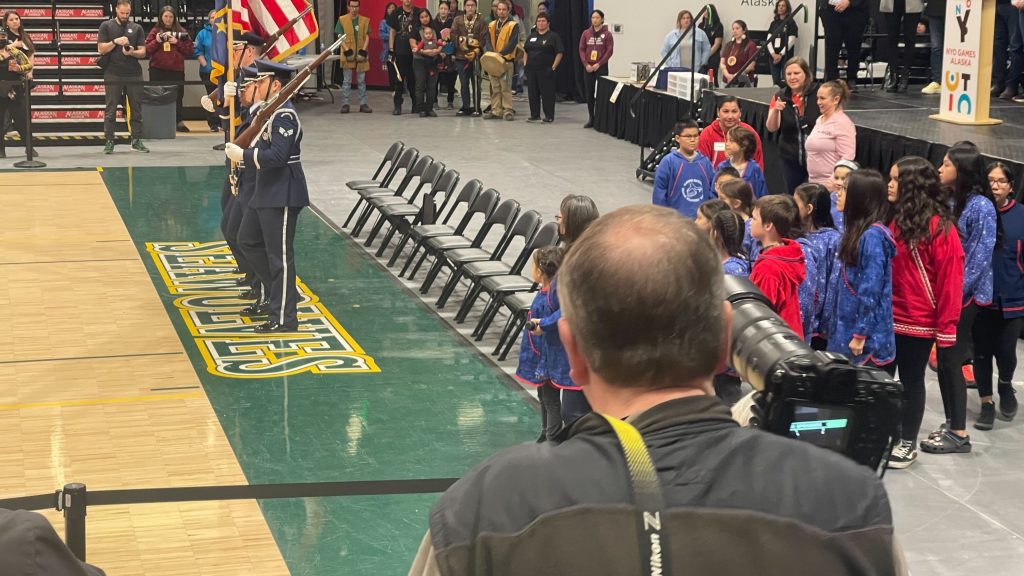
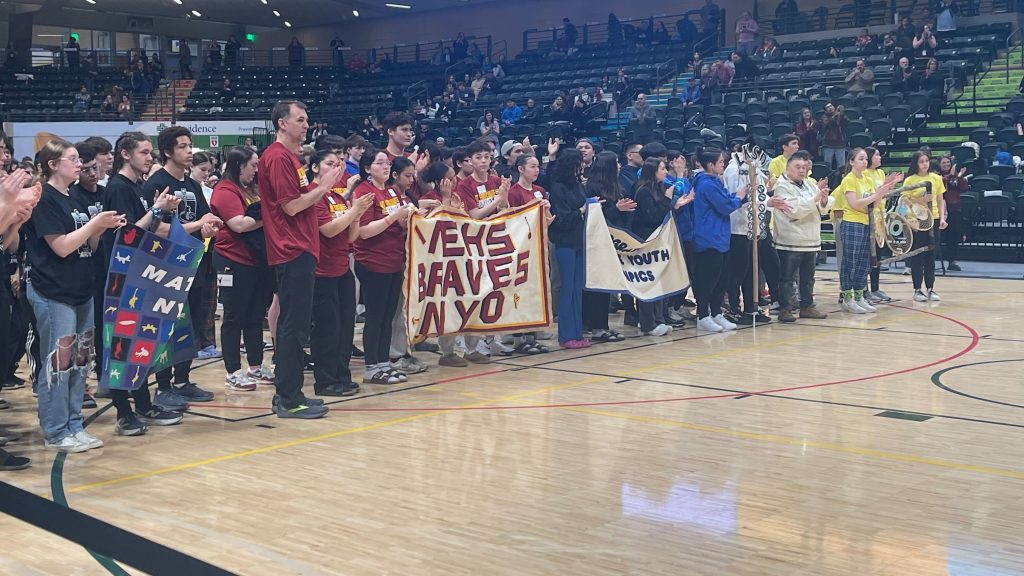
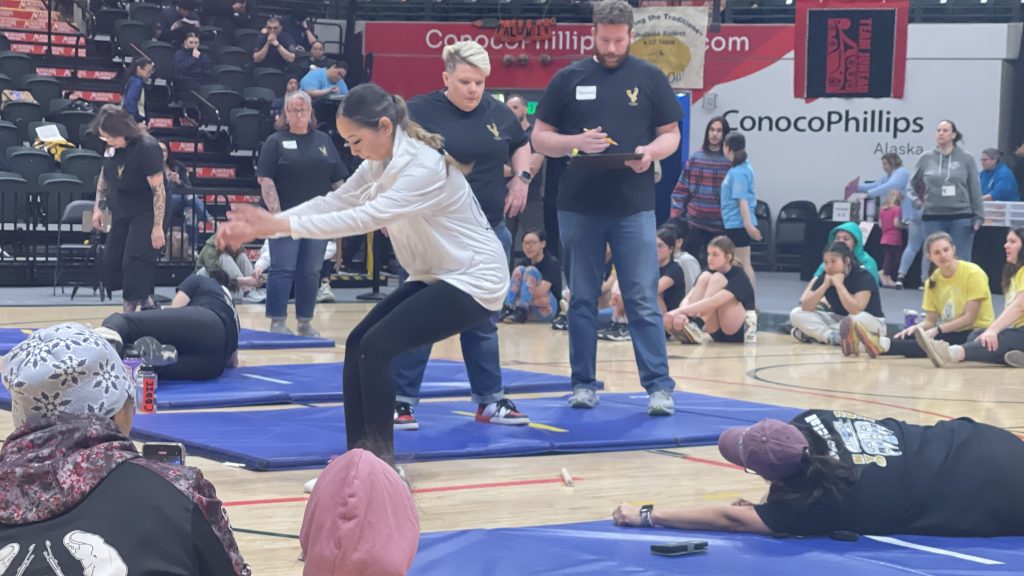
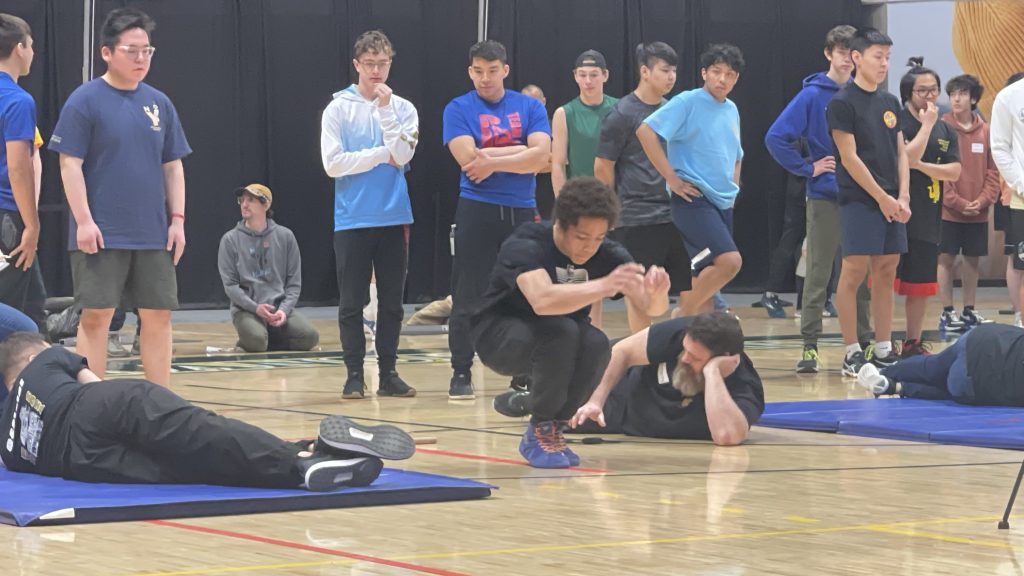
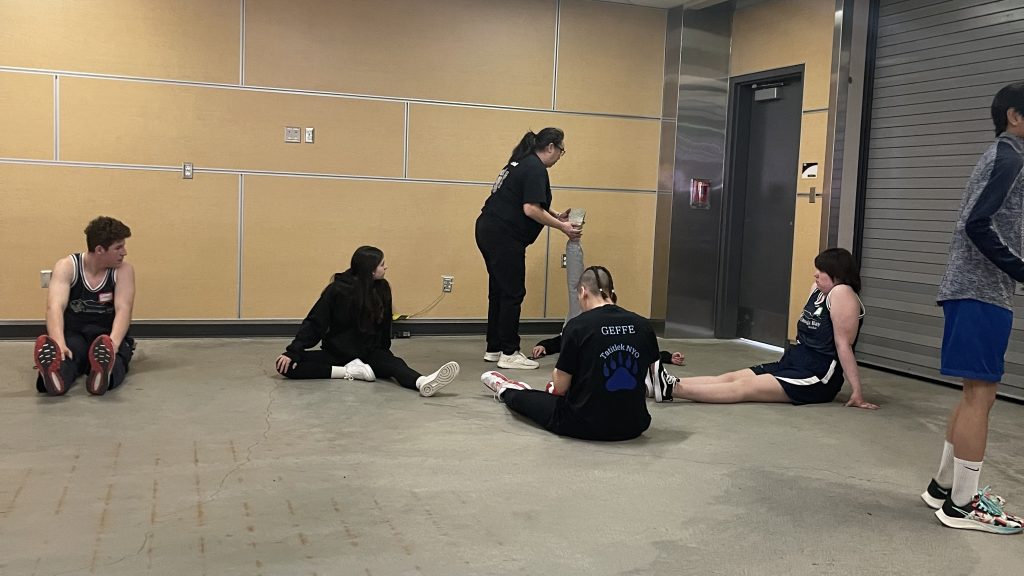
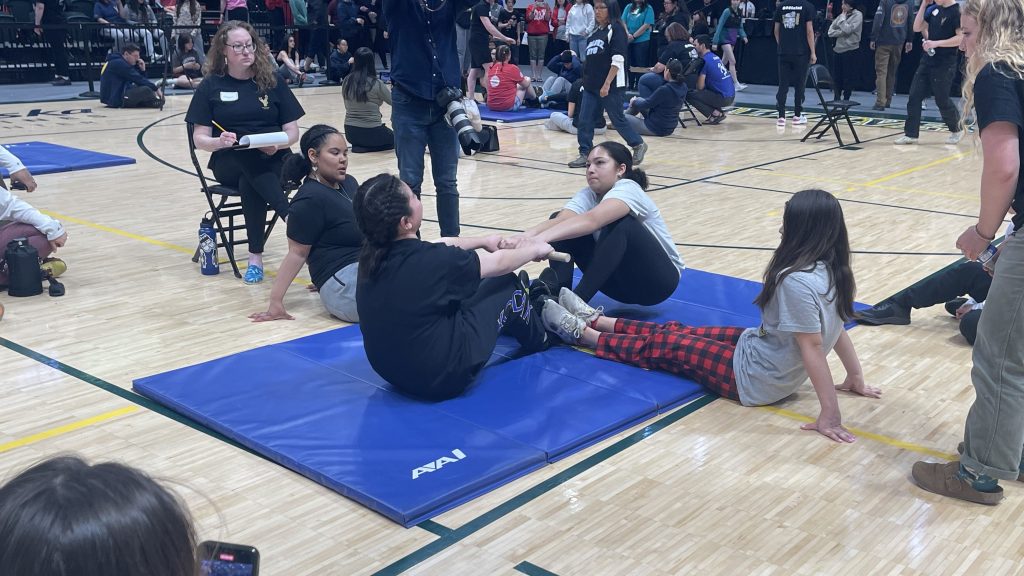
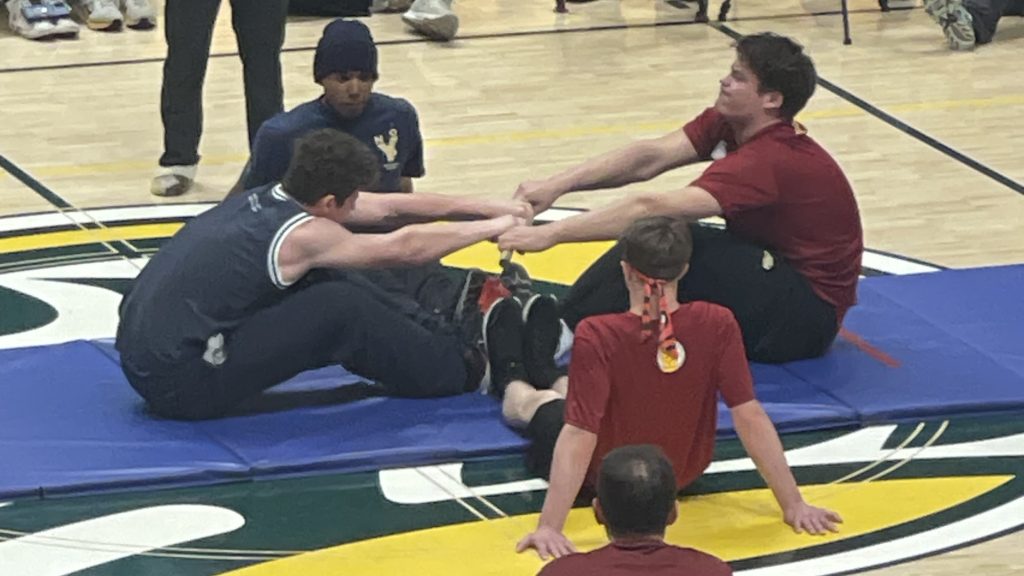






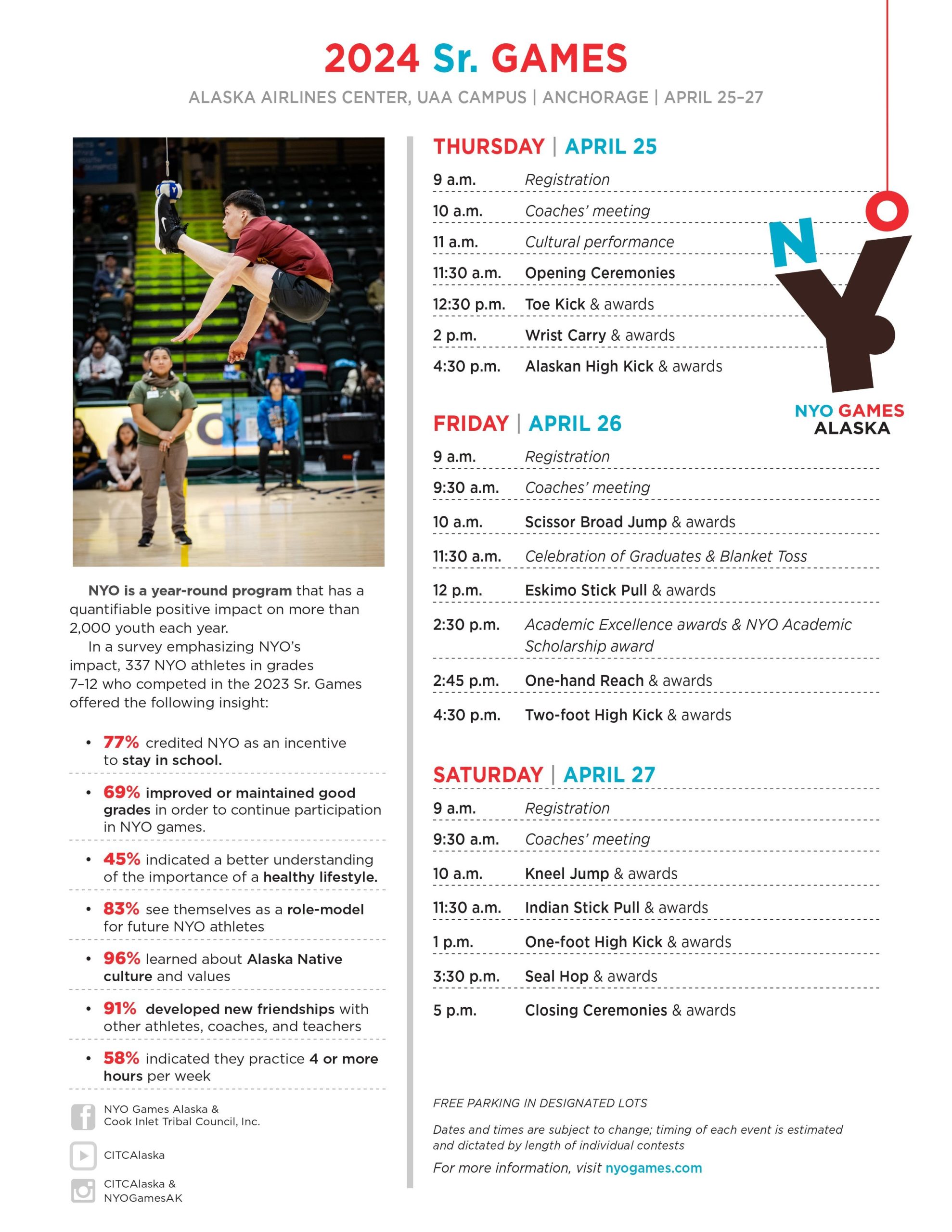


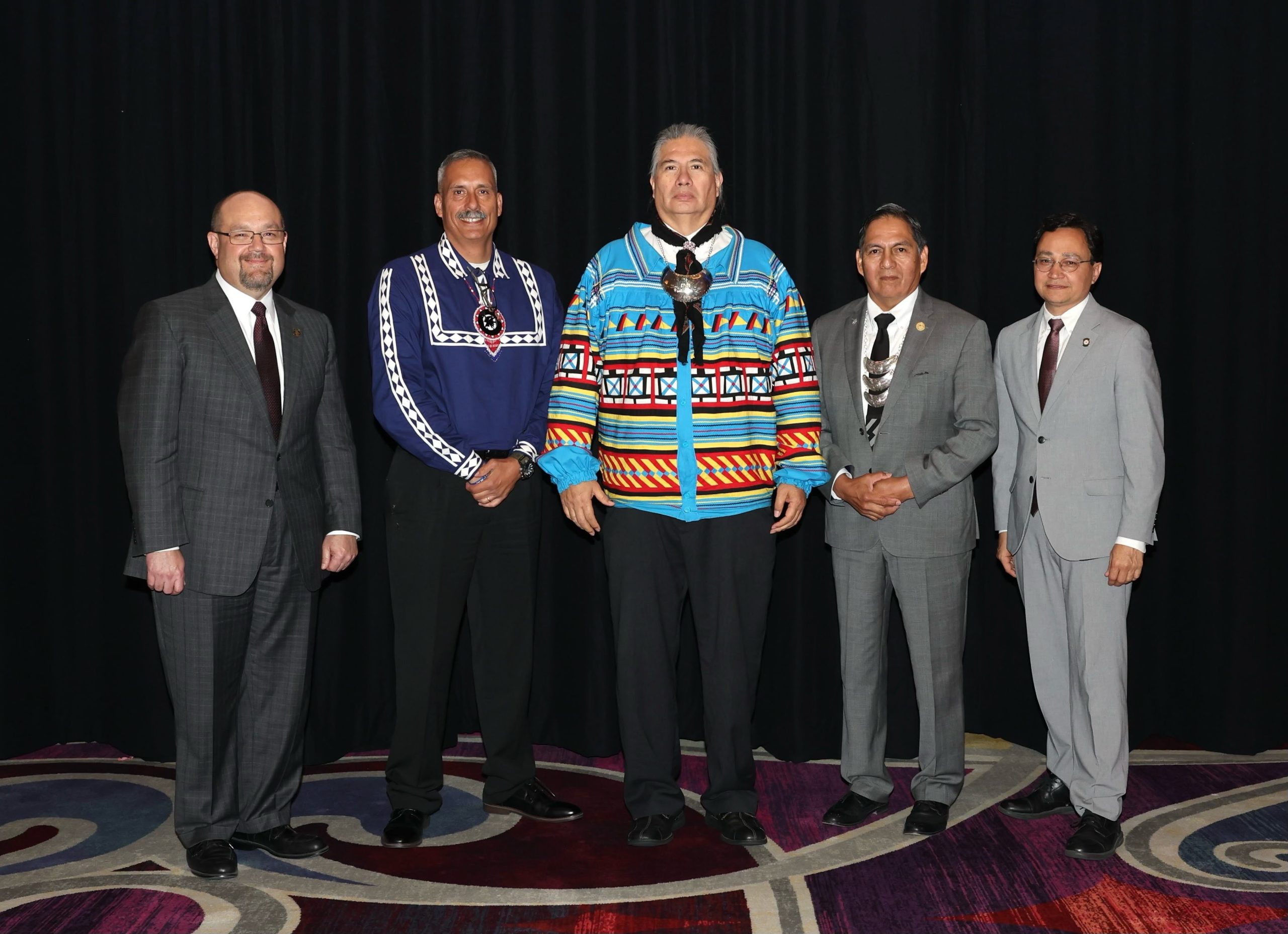
 The Mashantucket Pequot Museum and Research Center in Connecticut has reopened after construction.
The Mashantucket Pequot Museum and Research Center in Connecticut has reopened after construction.